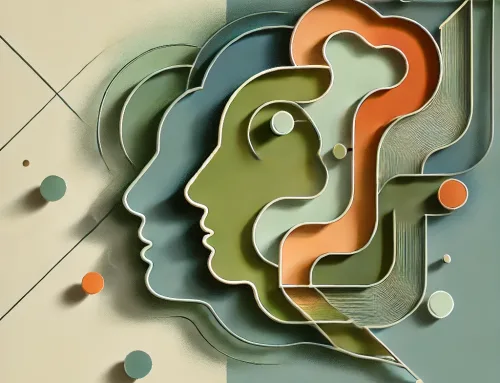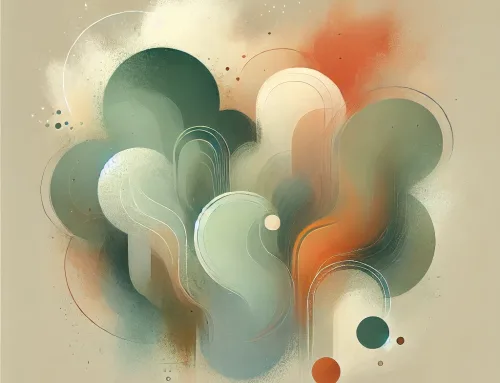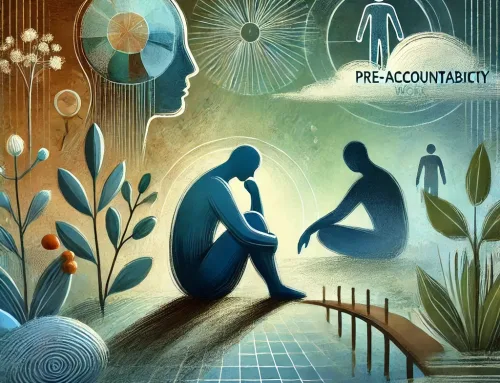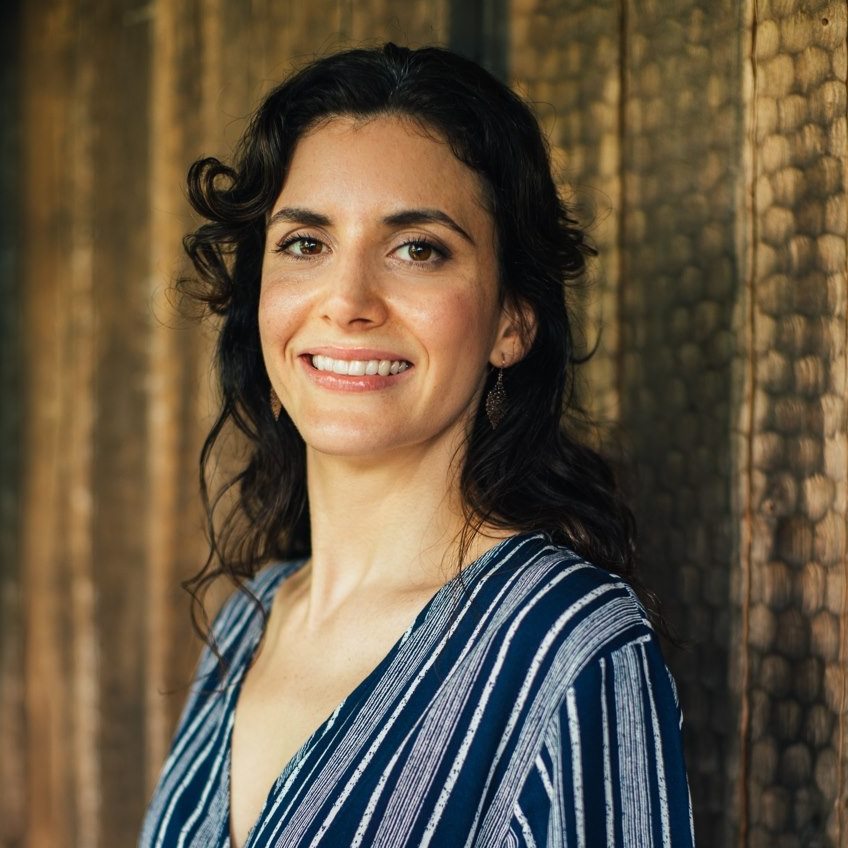In the complex world of conflict resolution and personal growth, the journey toward full accountability is often a challenging and deeply personal one. As a mediator with experience implementing public accountability processes for diverse individuals and communities, I’ve seen the transformative power of accountability, but I’ve also witnessed the struggles that come with it.
Over the past several months, I’ve come across several public statements from different people reflecting on their journeys through accountability. These statements were thoughtful, filled with reflections on past actions, mistakes, and a commitment to growth. It got me thinking: Is there hope for these individuals, or anyone, to become fully accountable?
The Positive Signs on the Road to Accountability
When I read these statements, I was struck by several positive indicators that suggest a genuine willingness to embrace accountability:
Openness to Feedback: One of the most promising aspects was the expressed willingness to receive feedback. In any accountability process, being open to hearing others’ perspectives is crucial. It allows for a deeper understanding of how one’s actions have impacted others and sets the stage for meaningful change.
Commitment to Personal Growth: The individuals described engaging in personal development and seeking expert support, which is a strong indicator of their desire to evolve. This commitment to growth is vital for anyone on the path to full accountability. It shows that they are not only reflecting on past actions but are also actively working to improve themselves.
Acknowledgment of Past Mistakes: Taking responsibility for past actions and acknowledging the harm caused is a critical step toward accountability. In these cases, most authors didn’t shy away from admitting mistakes. This level of self-awareness is essential for anyone looking to make amends and move forward in a more conscious way.
Desire for Repair and Healing: The emphasis on repair and healing is a positive sign of someone who is serious about making amends. Repairing relationships and rebuilding trust are at the heart of accountability, and it’s encouraging to see this focus.
The Challenges That Lie Ahead
While there are many positive aspects to this journey, there are also challenges that could impede the path to full accountability:
Defensiveness and Self-Justification: In some statements, there were moments where the individuals seemed to justify their actions or shift blame onto external factors. This defensiveness can be a significant barrier to accountability. It’s important for anyone on this journey to remain open to criticism and to resist the urge to protect their ego at the expense of growth.
Navigating Self-Focused Behaviors: When someone exhibits behaviors such as a strong need for validation or difficulty accepting criticism, it can complicate the process of becoming fully accountable. These tendencies can lead to a focus on protecting one’s self-image rather than on understanding the genuine impact of one’s actions on others.
Complex Power Dynamics: The position of influence and the complexities of power dynamics in their interactions add another layer of difficulty. It’s challenging to fully recognize and address the impact of one’s actions when there are significant power imbalances at play.
The Path Forward: Is Full Accountability Possible?
So, is there hope for these individuals, or anyone, to become fully accountable? I believe there is. Accountability is a process, not a one-time achievement. It requires ongoing effort, self-awareness, and a commitment to learning and adapting.
For those on this journey, the path toward full accountability will likely involve continued work with a coach or therapist who can help navigate defensiveness and ensure actions align with stated intentions. It will also require humility, an openness to hearing hard truths, and a willingness to make concrete changes based on the feedback they receive.
In the end, full accountability is about more than just acknowledging mistakes; it’s about consistently striving to do better, to understand more deeply, and to repair the harm caused along the way. It’s a challenging journey, but it’s one that can lead to profound personal transformation and healing for everyone involved.
Final Thoughts
As mediators and conflict resolution professionals, our role is to support individuals on this journey, offering guidance, compassion, and a safe space for growth. With the right support and a genuine desire to change, anyone has the potential to become fully accountable.
At Safe Mediation, we believe in the power of accountability and the importance of continuous growth. Whether you’re navigating personal conflicts or helping others through theirs, remember that accountability is a process that takes time, effort, and a lot of heart. And yes, there is always hope.
If you’re interested in learning more about how we support accountability and conflict resolution, or if you have feedback on this post, we’d love to hear from you. Let’s continue this important conversation.





